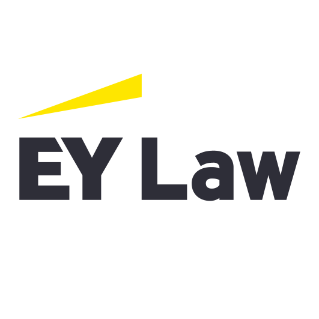EY Law Limited ("EY Law") is an incorporated law firm under the Lawyers and Conveyancers Act 2006. EY Law is a member firm of the EY Global Network. EY member firms do not practice law in the United States and no legal advice will be provided in the United States.
How EY Law can help
-
Sustainability is increasingly core business for our clients. Our Oceania Law team understands this and has developed a legal sustainability services offering that is central to our business. Our EY Oceania Law team can help your business identify and manage risk associated with sustainability ambitions and operations to drive value and ensure your business remains future ready.
Read more
The rise of third-party sustainability risk
For many organizations, supply chain redesign and transformation were underway well before the Covid-19 pandemic but it became a more visible priority as lockdowns led to shortages, stockouts and workarounds. Coinciding with this trend is a shift in mindset among consumers, investors and regulators, who are holding organizations accountable for the sustainability practices of their suppliers.
The growing focus on supplier sustainability creates a wide range of risks for corporations. Consumers are demanding that organizations back up their sustainability ambitions with clearly defined actions and greater transparency. Meanwhile, investors are increasing the level of due diligence they perform on organizations’ supply chains to validate the overall sustainability of the organizations they lend to and invest in. Ultimately, consumers and investors are placing pressure on organizations by voting with their wallets, causing both financial and reputational risk.
At the same time, regulators are proposing and enacting new regulations and reporting guidelines that formally extend organizations’ legal obligations to include issues related to their supply chains. A prominent example of the new rules being enacted is the EU’s Green Deal, which proposes to hold companies responsible for human rights or good governance violations and harm to the environment within their supply chains. While some of these rules are being implemented on an EU-wide basis many are being rolled out at a country level. Other jurisdictions, including Germany, France and California have issued their own similar, or more stringent, regulations governing supply chains, adding to the growing complexity of the regulatory environment that organizations must navigate.






